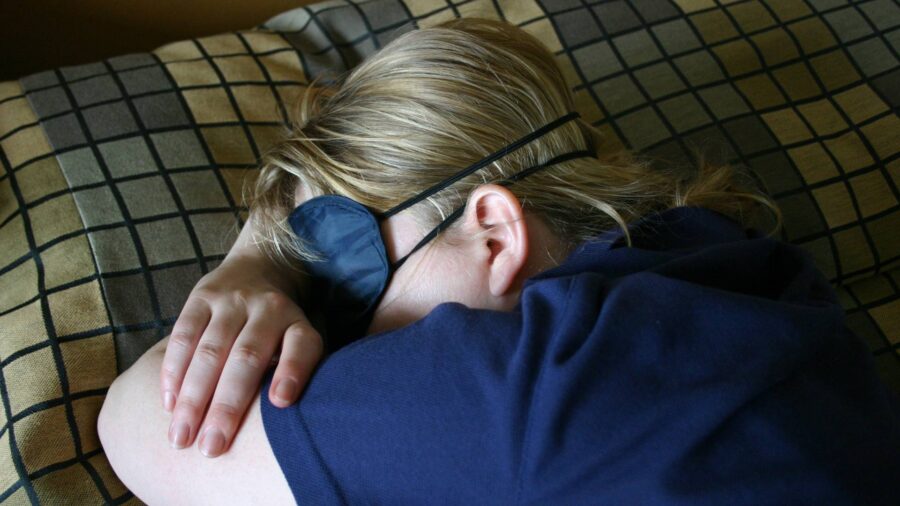
Jet lag: What is it and how can you beat it?
Want to learn how to beat jet lag and ensure a better travel experience? Here are a few great tips to help you do just that…

As amazing as travelling can be, there’s one pesky detail that seems to be a bother to us all: Jet lag! But understanding jet lag and how to minimize its effects can significantly enhance your travel experience.
Jet lag is a common challenge for travellers crossing multiple time zones. It happens when the body’s internal clock, or circadian rhythm, is disrupted, leading to a mismatch between local time and the body’s usual sleep-wake cycle.
What causes jet lag?
Jet lag primarily results from the disruption of the circadian rhythm, our internal 24-hour clock that regulates sleep, eating patterns, and other physiological functions. When you travel across time zones, your body struggles to adjust to the new schedule, causing a temporary misalignment. The greater the number of time zones crossed, the more pronounced the jetlag.
What are the symptoms of jet lag?
The symptoms can vary but commonly include:
- Fatigue and exhaustion
- Difficulty sleeping (insomnia)
- Irritability and mood swings
- Difficulty concentrating
- Digestive issues
How can you beat it?
You can make certain adjustments to your routine before, during and after your travels to help keep jetlag at bay. These include:
Pre-travel adjustments where you can gradually adjust your sleep schedule a few days before your trip by shifting your sleep and wake times closer to your destination’s time zone.
You can also ensure you are well-rested and hydrated before your journey.
During the flight you can stay hydrated by drinking plenty of water and avoiding caffeine and alcohol. You can also stretch and walk around the cabin now and then to improve circulation.
Once you arrive at your destination you should get some sunlight, as exposure to natural light helps reset your internal clock. You could also do some light exercise and opt for some nutritious meals to aid digestion and help you sleep better.